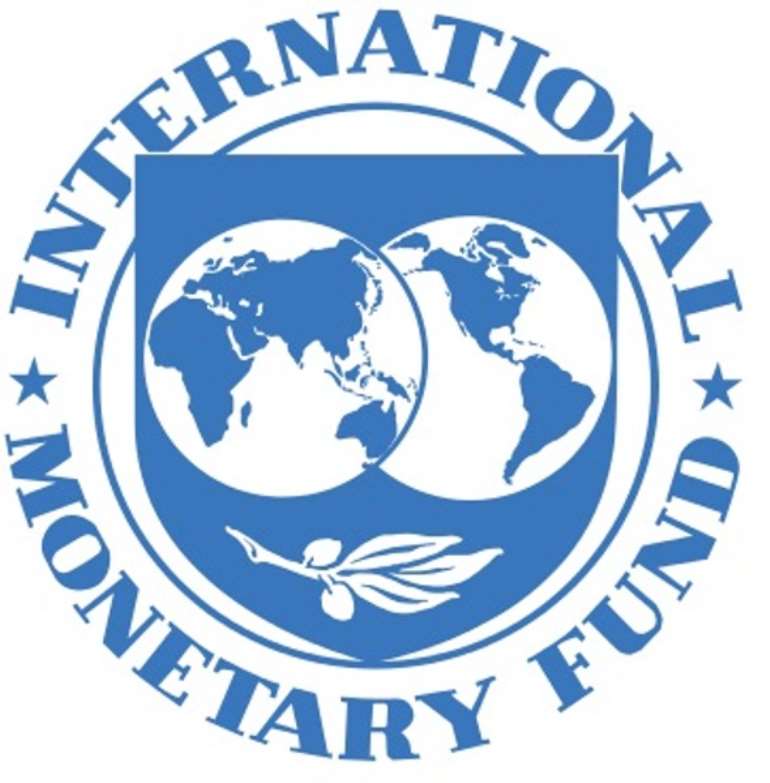IMF Staff Concludes Visit to Mali

BAMAKO, Mali, September 26, 2014/African Press Organization (APO)/ -- A mission from the International Monetary Fund (IMF), led by Christian Josz, visited Bamako from September 11 to 25 for discussions in preparation of the first and second review of the government's economic program supported under the IMF's Extended Credit Facility (ECF) approved in December 2013.
The mission met with Ibrahim Boubacar Keïta, President; Moussa Mara, Prime Minister; Ms. Bouaré Fily Sissoko, Minister of Economy and Finance; Konzo Traoré, National Director, Central Bank of West African States (BCEAO); Nouhoum Tapily, President of the Supreme Court; Kloussama Goita, President of the Accounting Chamber of the Supreme Court; Amadou Touré, the Auditor General; and representatives from the National Assembly, civil society, unions, the private sector, and Mali's development partners.
At the conclusion of the mission, Mr. Josz issued the following statement:
“In 2014 Mali's economy is returning to its normal growth path, with an increase in real gross domestic product (GDP) of 5.8 percent. This follows 2012 when growth was zero due to the security crisis, and 2013 when a poor harvest kept growth at only 1.7 percent. Inflation remains low, at 1 percent after -0.6 percent in 2013. For 2015, the projections are for real growth to continue at 5.5 percent and inflation to remain well below the central bank's 3 percent target.
“The mission reached an agreement that will permit going forward with both the first and second reviews of the ECF arrangement. The reviews will be presented to the IMF Executive Board for approval in December 2014. A resolution was found for the issues raised by the extra-budgetary spending—on a presidential plane and a military contract—which delayed the first review, originally scheduled for June. It includes: publishing the two independent audit reports on these transactions; reporting on the sanctions process; redressing the overbilling in the military contracts; subjecting future military procurement to stringent controls; incorporating all extra-budgetary spending in the budget, and stopping such practices in the future.
“The government will submit soon a new supplementary budget to the National Assembly to regularize the about CFA 30 billion in extra-budgetary spending which occurred in 2014 to be financed in the regional financial market. This will bring the overall budget deficit to 5.8 percent of GDP, compared to 5.2 percent in the supplementary budget approved in August.
“The mission welcomes the budget the Government intends to present to the National Assembly in October. This budget, which will be the basis for the ECF program in 2015, targets a global deficit of 4.4 percent of GDP. Three quarters of the deficit is financed with donor support, and the rest in the regional financial market. The mission also welcomes the strengthening of structural reforms, notably those aimed at improving tax administration, expenditure control, and debt and treasury management.
“The mission would like to thank the authorities for the excellent organization, the provision of ample information, and the frank and fruitful discussions.”
